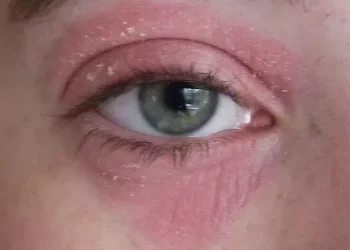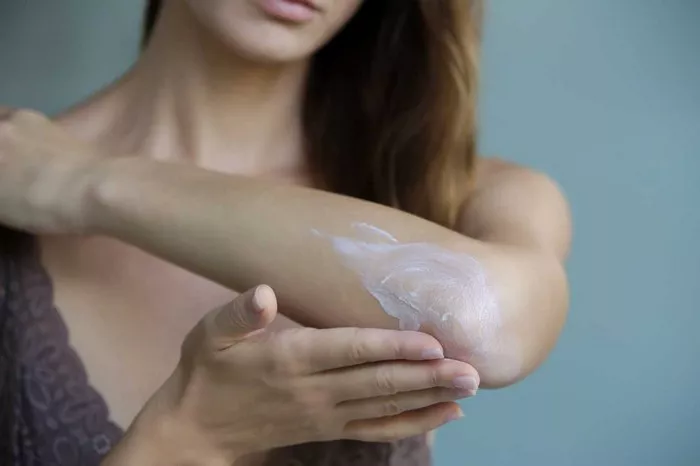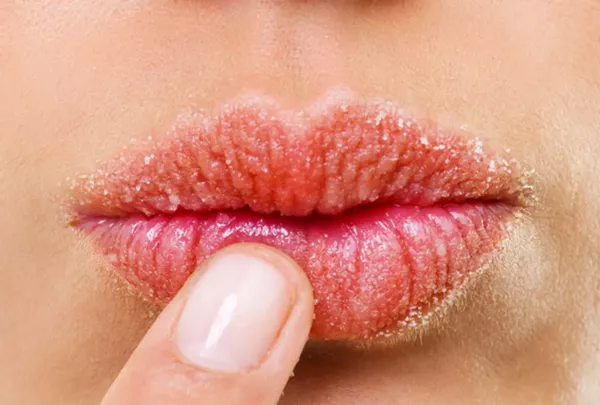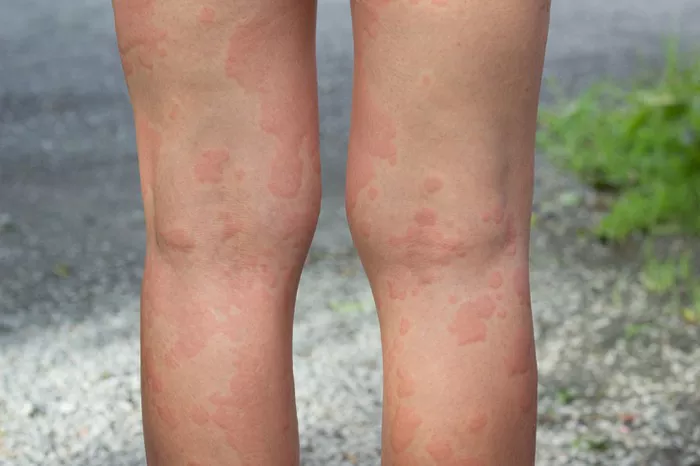Diprobase is a widely recognized emollient, often prescribed for individuals suffering from a range of skin conditions. Its primary function is to soothe and protect the skin, offering relief from the discomfort associated with dryness, eczema, psoriasis, and other similar dermatological issues. In a world where environmental factors, allergens, and genetics can all contribute to skin problems, Diprobase stands out as a simple yet effective solution for maintaining skin health. The importance of skin care cannot be overstated, as the skin is not only the body’s largest organ but also its first line of defense against external irritants and pathogens. When the skin’s natural barrier is compromised, it can lead to itching, irritation, and even infections, significantly impacting a person’s quality of life.
Diprobase works by forming a protective layer over the skin, which helps to lock in moisture and prevent further dryness. This layer also shields the skin from irritants that could exacerbate existing conditions. By doing so, Diprobase not only alleviates the symptoms of dryness and irritation but also helps to prevent the recurrence of flare-ups in chronic conditions like eczema. Its formulation is designed to be gentle enough for daily use, making it suitable for individuals of all ages, including infants and the elderly. Additionally, Diprobase is often recommended by healthcare professionals as part of a broader skin care regimen, especially for those with chronic skin conditions that require ongoing management.
SEE ALSO: What Causes Eczema in Your Ears?
What Does Diprobase Do?
Diprobase functions primarily as a moisturizing agent. It creates a protective barrier on the skin, which helps to prevent moisture loss.
This barrier is crucial in managing dry skin conditions, as it helps to retain the skin’s natural hydration levels. By forming this barrier, Diprobase helps to soothe and soften skin that is dry, itchy, or irritated.
While Diprobase is effective in managing symptoms of dry skin, it is important to note that it is not a treatment for underlying conditions such as eczema or psoriasis. Instead, it works as a supportive measure to alleviate discomfort and enhance the effectiveness of other treatments. By maintaining skin hydration, Diprobase helps to reduce the severity of symptoms and improve overall skin comfort.
Common Uses of Diprobase
Diprobase is commonly used for various skin conditions characterized by dryness and irritation. These include:
Eczema: Also known as atopic dermatitis, eczema is a condition that causes inflammation, redness, and itching of the skin. Diprobase helps manage the dryness associated with eczema and can be used in conjunction with prescription medications.
Psoriasis: Psoriasis is a chronic skin condition that leads to the rapid growth of skin cells, forming scales and dry patches. Diprobase can help soften these patches and improve skin hydration.
Other Dry Skin Conditions: Diprobase is also used for general dry skin and conditions that cause flaky or rough skin. Its emollient properties make it suitable for everyday use in managing dry skin.
Additionally, Diprobase can be used as a base for applying prescription medications. This means it can help to spread and absorb other treatments more effectively, enhancing their benefits.
How to Use Diprobase
To achieve the best results with Diprobase, follow these basic instructions:
Apply Generously: Use a sufficient amount of Diprobase to cover the affected areas of skin. Apply it as often as needed, typically after washing or when the skin feels dry.
Frequency: The frequency of application may vary depending on individual needs. It is generally recommended to apply it at least twice daily or as directed by a healthcare professional.
Areas of Application: Apply Diprobase to all affected areas, including those that are particularly dry or irritated. Gently rub the cream into the skin until it is fully absorbed.
Follow Instructions: Always follow the specific instructions provided by your doctor or pharmacist, as they can offer guidance tailored to your particular skin condition and needs.
Precautions and Side Effects
While Diprobase is generally well-tolerated, some users may experience side effects. These can include:
Skin Irritation: In rare cases, some people may experience mild irritation or a rash. If this occurs, discontinue use and consult a healthcare professional.
Allergic Reactions: Although uncommon, allergic reactions can occur. Symptoms may include itching, redness, or swelling. If you experience these symptoms, seek medical advice promptly.
It is important to consult with a healthcare professional if you experience any unusual symptoms or if you have concerns about using Diprobase. They can provide personalized advice and determine if Diprobase is appropriate for your condition.
Availability and Cost
Diprobase is readily available over-the-counter in most pharmacies and can be purchased without a prescription. The cost may vary depending on the pharmacy and the size of the product. It is advisable to check with local pharmacies for the most accurate pricing and availability.
Additional Tips
Clear and Concise Language: When discussing Diprobase, use clear and straightforward language to ensure that the information is easily understood by all readers.
Structured Content: Organize the content logically with clear headings and subheadings to enhance readability.
No Medical Claims: Avoid making medical claims or offering self-diagnosis advice. The information provided should be for general knowledge purposes only.
In conclusion, Diprobase plays a pivotal role in the management and treatment of various skin conditions, particularly those associated with dryness, irritation, and compromised skin barriers. Its emollient properties make it an essential component of any skin care routine aimed at restoring and maintaining healthy skin. By forming a protective barrier on the skin, Diprobase not only locks in moisture but also shields the skin from external irritants, preventing further damage and promoting healing. This dual action is especially beneficial for individuals dealing with chronic conditions like eczema and psoriasis, where maintaining skin hydration is key to preventing flare-ups and managing symptoms effectively.
Related Topics:



























